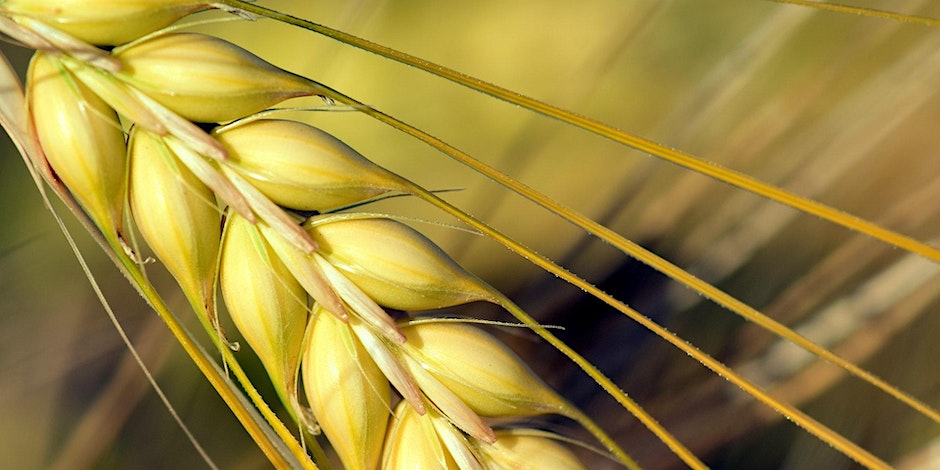This Barley Community Seminars we have presentations that will summarise the background, aims and ambitions of two recently started multinational Barley projects supported by European Funders. These are:
“The RecoBar project. Recovering and Exploiting Old and New Barley Diversity for Future-Ready Agriculture” – Ernesto Igartua
“BEST-CROP: Boosting photosynthesis to deliver novel crops for the circular bioeconomy” – Paolo Pesaresi
During the presentations you will also be introduced to Tancredi Caruso and Andrea Persello two early career scientists working with the speakers.
Speakers bio:
Dr. Paolo Pesaresi , a distinguished geneticist and professor, embarked on his academic journey with a post-graduate internship at the CRA-Research Centre for Genomics in Fiorenzuola d’Arda in 1998, working under the guidance of Dr. Luigi Cattivelli. His early research delved into deciphering the role of barley genes in cold resistance. From 1999 to 2002, he pursued a Ph.D. at the Max-Planck-Institute für Züchtungsforschung in Cologne, Germany, focusing on the identification and characterization of genes associated with photosynthesis under the mentorship of Prof. Francesco Salamini. Continuing his commitment to advancing genomic understanding, he served as a Research Fellow at the same institute from 2002 to 2005, concentrating on genes regulating photosynthesis. In 2006, he joined the University of Milan as an Assistant Professor, steadily progressing to become an Associate Professor in 2015 and achieving the prestigious position of Full Professor of Genetics in February 2023. As the leader of the University of Milan PhotoLab group, his research centers on deciphering the short and long-term regulation of the light phase of photosynthesis and chloroplast biogenesis, employing functional genomics methodologies on Arabidopsis thaliana and barley as model species.
Dr. Ernesto Igartua, a distinguished researcher, has dedicated over three decades to advancing agricultural sciences at the Aula Dei Experimental Station, CSIC, Zaragoza. Serving as the CSIC coordinator of Agricultural Sciences, he has emerged as a prominent biologist and crop breeder. His expertise lies in the study of adaptation and diversity within local barley varieties, with a specific focus on cycle duration, stress responses, and temperature and photoperiod reactions. Dr. Igartua’s work is centered on unlocking valuable genetic variability for the enhancement of barley breeding to foster sustainable agricultural practices.
As an Associate Professor of Ecology at University College Dublin, Dr Tancredi Caruso’s work centers on unraveling the intricate processes that shape soil biodiversity over space and time. His primary focus lies in the realm of aboveground-belowground linkages, with a special emphasis on the interplay between plants and soil biota. Driven by a keen interest in ecological networks, he delves into understanding how these intricate connections respond to environmental changes and perturbations. Through his research, Dr Tancredi Caruso contributes significantly to the field of ecology, shedding light on the dynamic interactions that underpin soil ecosystems and offering insights critical for addressing ecological challenges in the face of a changing environment.
Summary:
Paolo Pesaresi:
“There is a need for a ground-breaking technology to boost crop yield (both grains and biomass) and its processing into materials of economic interests. Novel crops with enhanced photosynthesis and assimilation of green-house gasses, such as carbon dioxide (CO2) and ozone (O3), and tailored straw suitable for industrial manufacturing will be the foundation of this radical change. BEST-CROP will capitalize on very promising strategies to improve the photosynthetic properties and ozone assimilation of barley. The resulting barley straw will be tailored to: i) increase straw protein content to make it suitable as an alternative feed production source; ii) control cellulose/lignin contents and lignin properties to develop construction panels and straw reinforced polymer composites. Based on precedent, we expect that improving our targeted traits will result in increases in above ground total biomass production by 15-20% without modification of the harvest index, and there will be added benefits in sustainability via better resource-use efficiency of water and nitrogen.”
Ernesto Igartua:
“Barley success relies on an extraordinary genetic diversity that allowed its adaptation to highly diverse environments. Plant scientists must rethink the processes that shaped crop adaptation, harness the wealth of big data produced by the genomic revolution, and re-start a data-driven exploitation of genetic diversity to deliver new diversity based on knowledge acquired. This project builds on a rich catalogue of germplasm, and a solid foundation of previous knowledge (genotypic, phenotypic and functional) built during past collaborations. The project proposes a variety of approaches to broaden barley’s genetic base: exploration of the wide diversity harbored by old varieties and landraces for adaptation to shifting climates, discovery and deployment of genes affecting key traits, exploration of targeted modification of known genes, improvement of functional in silico crop models to predict future variety performance based on their genomes, with newly unraveled genetic diversity, and evaluation of soil microbiota diversity dynamics in relation to barley diversity.”
Tancredi Caruso:
“Rhizosphere microbiota is central to modern agrobiology being a major factor determining the response of soils to agricultural practices. Genotypes of cultivated plants differ in how they recruit and interact with microbes in the rhizosphere, and barley is no exception. In the long term, a full understanding of the evolutionary and ecological linkages between crop and its microbiota will be key to re-wire those linkages in ways conducive to sustainable agriculture under an increasingly more unpredictable environment. In this talk, we will illustrate how RecoBar will explore the relationships of barley diversity with rhizosphere microbiome diversity, in particular fungi (including AMF) and bacteria, across a set of barley varieties with different breeding histories.”


